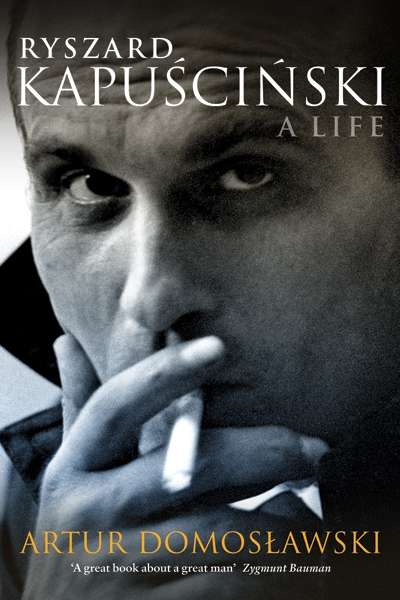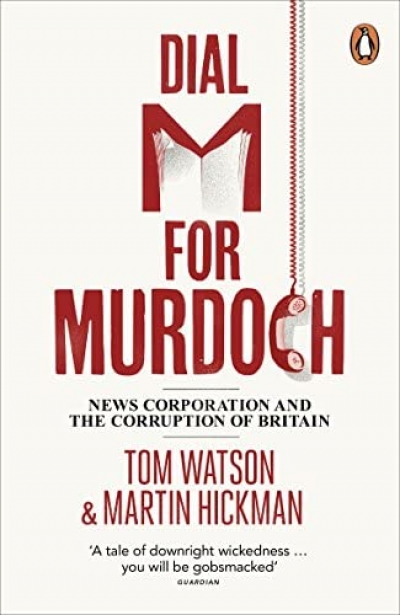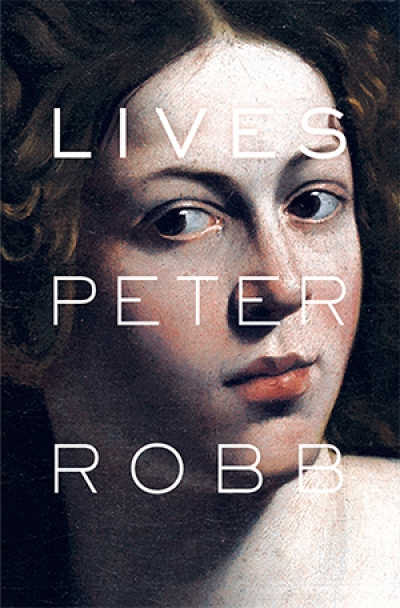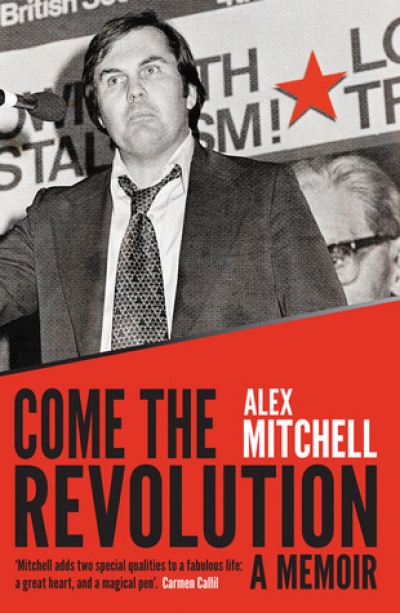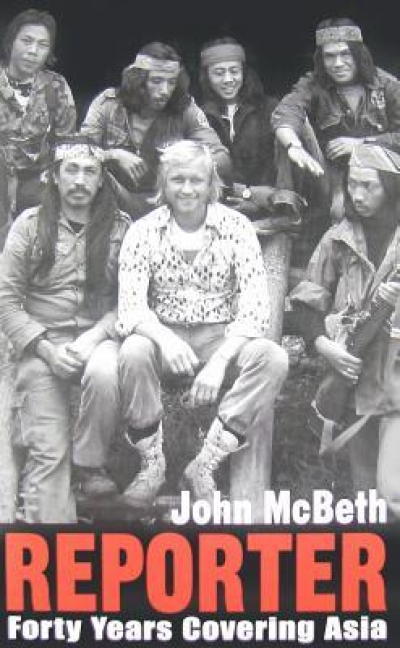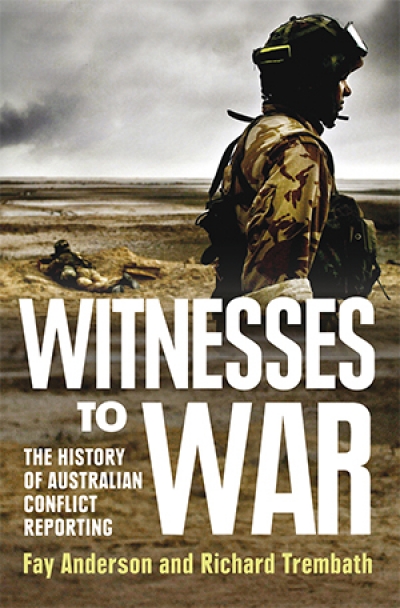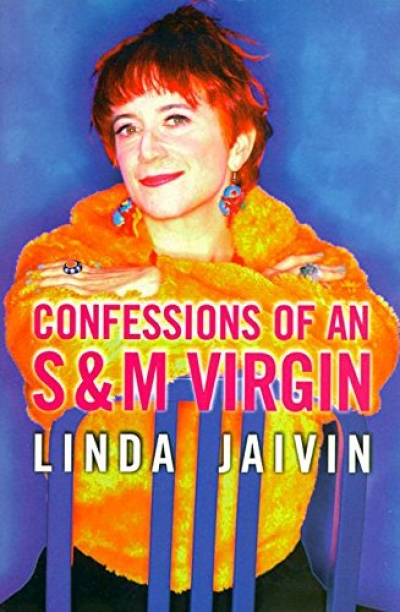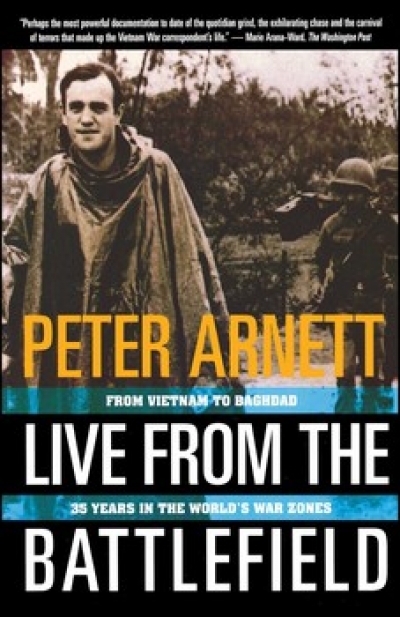Journalism
Ryszard Kapuściński: A Life by Artur Domosławski, translated by Antonia Lloyd-Jones
by Sheila Fitzpatrick •
Dial M for Murdoch: News Corporation and the Corruption of Britain by Tom Watson and Martin Hickman
by Anne Chisolm •
Reporter: Forty Years Covering Asia by John McBeth
by Richard Broinowski •
Witnesses to War: The History of Australian Conflict Reporting by Fay Anderson and Richard Trembath
by Jill Jolliffe •
Man Bites Murdoch: Four Decades in Print, Six Days in Court by Bruce Guthrie
by Jan McGuinness •
I grew up with The Sydney Morning Herald. In spite of enforced years in Melbourne and Canberra and sojourns overseas I still regard it as my paper. So my business being writing and Sydney my town, it’s a matter of identity that The Herald’s reviews are the primary ones for me. But my tribal instincts are faltering. The problem is The Herald’s book coverage. My quarrel isn’t with the choice of books nor the quality of the reviews. It’s the prior matter of quantity. Over the three Saturdays of the 11, 18, 25 April The Herald ran a total of ten full-scale book reviews. The Australian over the same period ran seventeen, and they were generally longer.
... (read more)Confessions of an S&M Virgin by Linda Jaivin
by John Birmingham •

